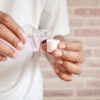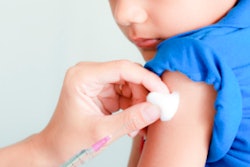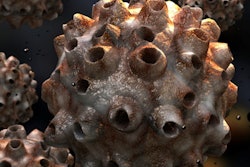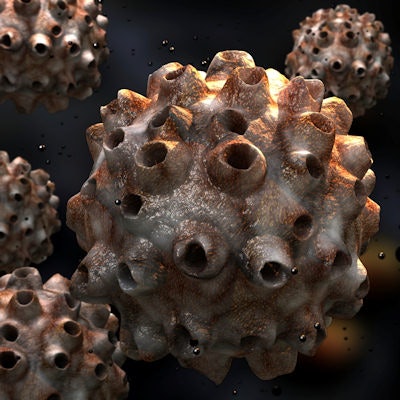
Have you talked to patients about the human papillomavirus (HPV) vaccine today? The American Academy of Pediatrics (AAP) hopes so. The association is leading the charge to get kids vaccinated against HPV, but it needs the help of dental professionals to succeed.
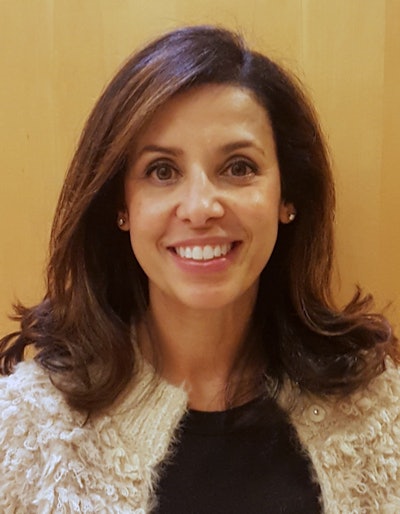 Eileen Crespo, MD.
Eileen Crespo, MD."We have had real difficulty getting high vaccination rates compared to other things that we vaccinate for," Eileen Crespo, MD, a member of the AAP Section on Oral Health, told DrBicuspid.com. "So there's a new push to try and have dentists help us because they are a source of trusted health information for families. In some age groups, kids see them more often than their primary care provider."
About 85% of sexually active Americans will be infected with at least one type of HPV in their lifetime. HPV infections are linked to a number of cancers, including cancers of the head and neck, and while overall cancer rates are falling in the U.S., the rates for HPV-related oral and oropharyngeal cancers are on the rise.
HPV vaccination can reduce the risk of HPV-related cancers and is currently recommended for people ages 9 to 26. It is given in a series of three vaccines, and the U.S. Food and Drug Administration has recommended that both boys and girls receive the first vaccine between the ages of 11 and 12, when they get the meningitis and tetanus vaccinations.
Reaching out to dentists
Despite the vaccine's safety record and ability to prevent cancer, many teenagers are still not getting vaccinated. In 2016, only 60% of adolescents were vaccinated against HPV, and only 43% were up to date on the recommended three-vaccine schedule. For comparison, about 87% were current on their vaccinations for tetanus, diphtheria, and pertussis (Tdap) and varicella.
But Dr. Crespo, who is also vice president of medical services for Delta Dental of Minnesota, and the AAP think that dentists may be able to change those statistics.
"We are asking that dental professionals fill that role of asking families what they know about HPV and if their children have been vaccinated," Dr. Crespo said. "We feel that if dentists can be that trusted voice, if we're all giving the same message, then we can increase vaccination rates and prevent cancer."
How to begin the conversation
Dr. Crespo recommended that dental professionals begin asking whether patients have been vaccinated against HPV starting at age 11. One way to ease into the conversation is simply to ask if the patient visits their physician and if they're caught up on vaccinations, including for HPV.
“We have a great opportunity to prevent cancer in this next generation.”
"In general, we know that dentists are an important source of health information, and HPV is a natural topic that they could be discussing," Dr. Crespo said. "They could say something as simple and nonjudgmental as 'I'm examining you for oral cancer. Did you know that oral cancer is primarily caused by HPV?' "
Dr. Crespo stressed that it is important to emphasize that the vaccine is safe, effective, and ultimately prevents cancer, especially because the internet is full of misinformation about the side effects of HPV vaccination, like it is for other vaccines. As a result, some parents and patients may have "alternative ideas" about the vaccine's safety.
To combat the spread of misinformation, Dr. Crespo suggested directing patients to specific, factual online sources, such as the Centers for Disease Control and Prevention and the National HPV Vaccination Roundtable. The AAP also recently created new posters designed to help dental providers talk with patients about HPV. The posters could be printed out and handed to patients, Dr. Crespo noted.
"We have a great opportunity to prevent cancer in this next generation, at least for the types of cancers caused by HPV," Dr. Crespo said. "I'm hoping that we can galvanize the village that is required so that we can create a healthier adolescent population, and as they grow up, they will have the protection against HPV that we know can help improve their quality of life."
